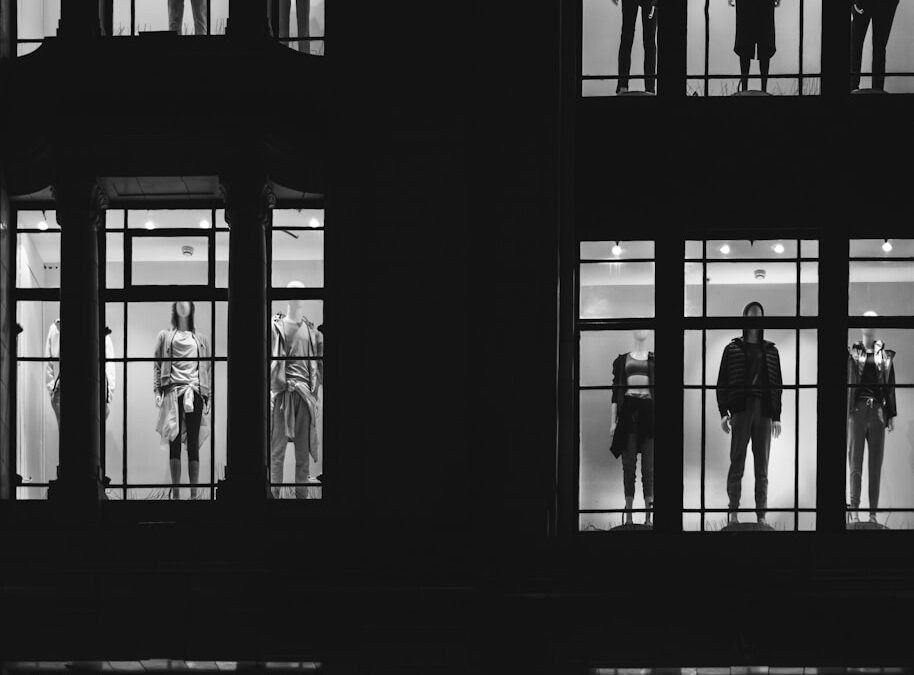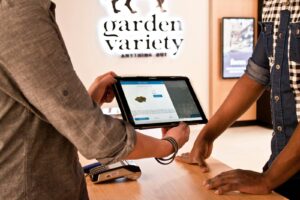Enhancing Retail Operations with IoT Technology
The Initial Impact of IoT on Retail Environments
The deployment of IoT retail technology has significantly transformed customer experiences and operational efficiency within the retail sector. In Saudi Arabia and the UAE, leading cities like Riyadh and Dubai have been at the forefront of adopting these cutting-edge solutions. By integrating IoT devices such as smart shelves, digital signage, and connected payment systems, retailers have created a more seamless and personalized shopping experience for their customers. The ability to track inventory in real-time, manage store layouts dynamically, and offer personalized promotions has not only enhanced customer satisfaction but also improved sales and loyalty.
Moreover, IoT technology enables retailers to gather valuable data on customer behavior and preferences. This data-driven approach allows for more effective marketing strategies and tailored offerings that resonate with individual shoppers. In bustling retail hubs like Riyadh and Dubai, where competition is fierce, the ability to differentiate through superior customer experiences can be a game-changer. By leveraging IoT, retailers can ensure that they are meeting customer needs more precisely and efficiently, leading to increased customer retention and higher profitability.
Boosting Operational Efficiency Through IoT
Beyond enhancing customer experience, the initial deployment of IoT in retail has also had a profound impact on operational efficiency. IoT-enabled devices streamline various processes, from inventory management to energy consumption, thereby reducing operational costs and improving overall efficiency. For instance, smart shelves equipped with weight sensors can automatically alert staff when stock levels are low, ensuring that popular items are always available without overstocking. This optimizes inventory turnover and reduces waste, which is particularly beneficial for retailers in fast-paced markets like those in the Middle East.
Energy management is another area where IoT has made significant strides. Smart lighting and HVAC systems that adjust based on store occupancy and weather conditions can lead to substantial energy savings. In regions like Saudi Arabia and the UAE, where energy costs can be high, such efficiency gains are crucial. Additionally, IoT technology can enhance security measures within retail environments. Connected cameras and sensors provide real-time monitoring and alerts, reducing the risk of theft and ensuring a safer shopping environment for customers and staff alike.
Transformative Benefits of IoT in Retail
Personalizing Customer Interactions with IoT
The deployment of IoT in retail has opened new avenues for personalizing customer interactions, making shopping experiences more engaging and enjoyable. In cities like Riyadh and Dubai, where shoppers expect high levels of service and innovation, IoT technology plays a pivotal role in meeting these expectations. Through the use of beacons and mobile apps, retailers can send personalized offers and product recommendations to customers’ smartphones as they browse the store. This targeted approach not only boosts sales but also enhances customer satisfaction by providing relevant and timely information.
Furthermore, smart mirrors and interactive kiosks equipped with IoT sensors offer customers a unique and immersive shopping experience. These technologies allow shoppers to virtually try on clothes or access detailed product information without the need for physical interaction. Such innovations are particularly appealing in the luxury retail segments prevalent in the Middle East, where customers seek exclusive and convenient shopping experiences. By embracing IoT, retailers can create a more interactive and enjoyable shopping journey that sets them apart from competitors.
Driving Business Success with IoT Innovations
The strategic implementation of IoT retail technology is not just about improving customer experiences; it also drives overall business success. In the competitive retail landscapes of Saudi Arabia and the UAE, leveraging IoT can provide a significant advantage. Retailers can gain insights into customer preferences and buying patterns, enabling them to make informed decisions about product offerings, store layouts, and marketing strategies. This data-driven approach ensures that retailers are responsive to market trends and customer demands, ultimately leading to higher sales and profitability.
Additionally, the operational efficiencies gained through IoT deployment translate into cost savings and improved resource management. Automated processes reduce the need for manual intervention, allowing staff to focus on more strategic tasks. This not only enhances productivity but also improves employee satisfaction and retention. In regions like Riyadh and Dubai, where attracting and retaining skilled staff can be challenging, the ability to offer a more dynamic and engaging work environment is a significant benefit. By embracing IoT, retailers can create a more efficient, responsive, and successful business model that is well-positioned for future growth.
Conclusion
In conclusion, the initial deployment of IoT retail technology has had a transformative impact on both customer experiences and operational efficiency. By leveraging advanced IoT solutions, retailers in Saudi Arabia, the UAE, Riyadh, and Dubai are enhancing their competitive edge and driving business success. The benefits of IoT, from personalized customer interactions to streamlined operations, are clear and compelling. As the retail sector continues to evolve, the adoption of IoT technology will be crucial for businesses seeking to stay ahead of the curve and meet the ever-changing demands of their customers. Embracing IoT is not just a technological advancement; it is a strategic imperative for achieving long-term success in the modern retail landscape.
—
#IoTRetailDeployment #CustomerExperience #OperationalEfficiency #RetailIoT #SmartRetail #BusinessSuccess #RetailTechnology #SaudiArabia #UAE #Riyadh #Dubai













